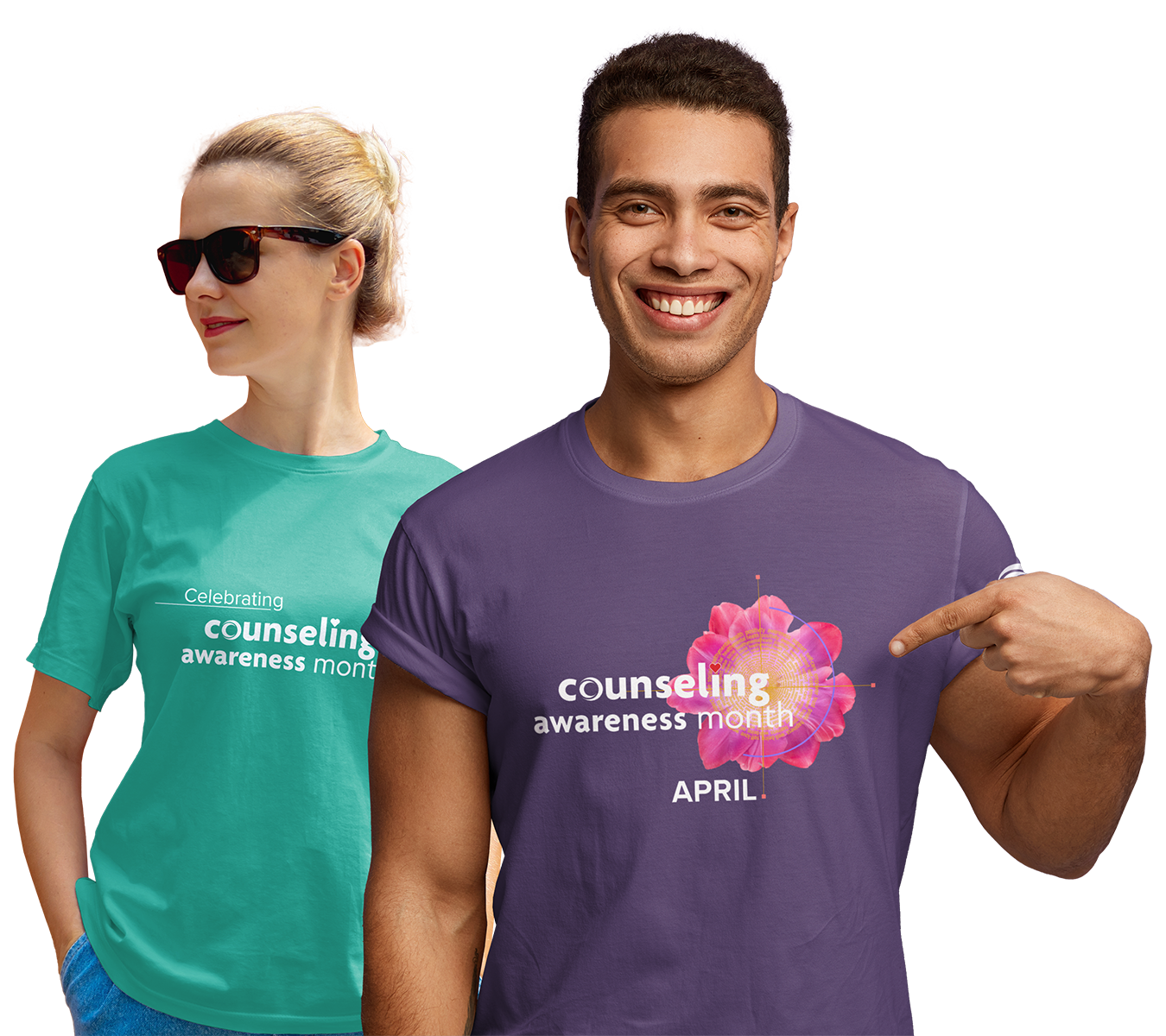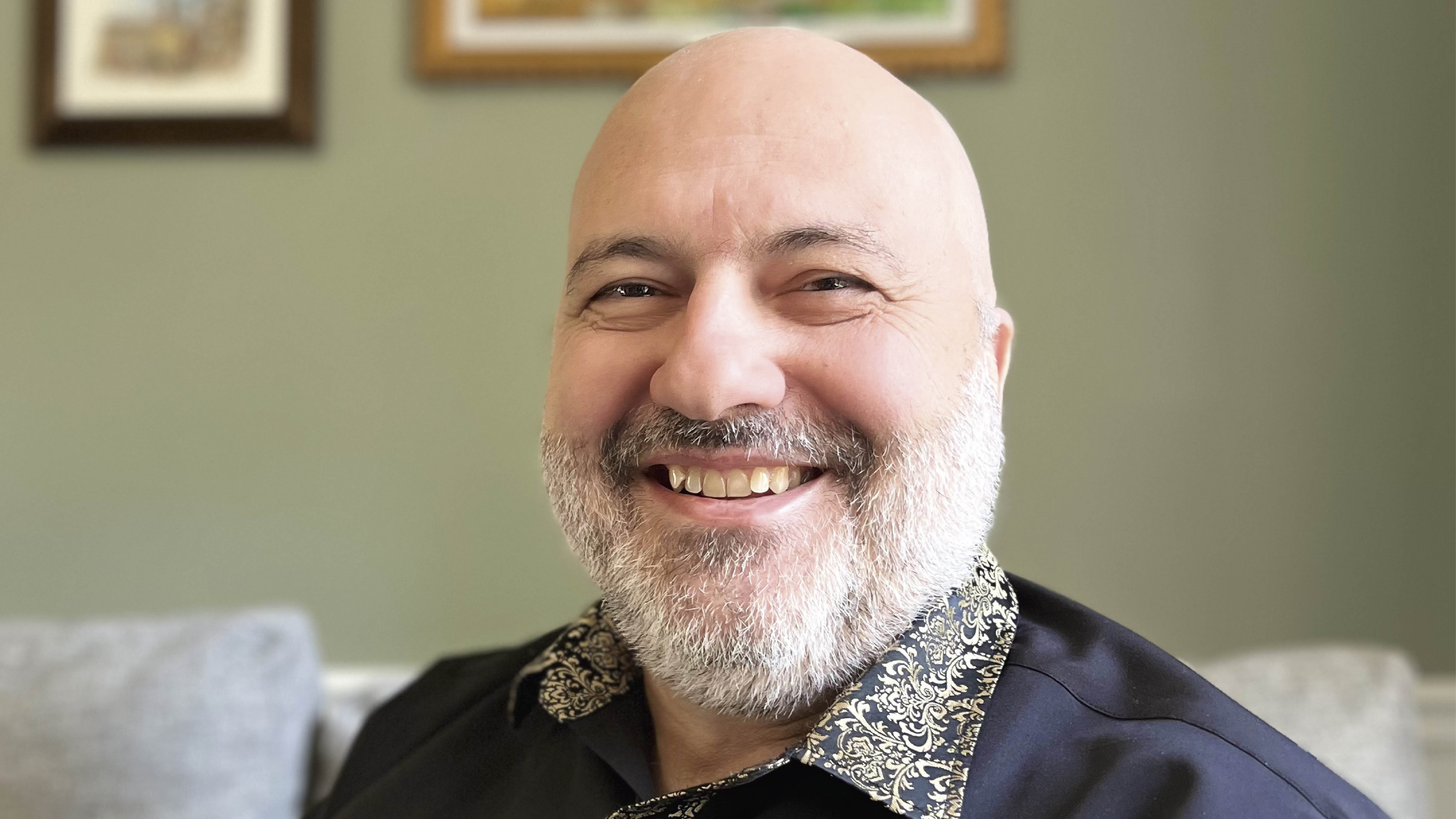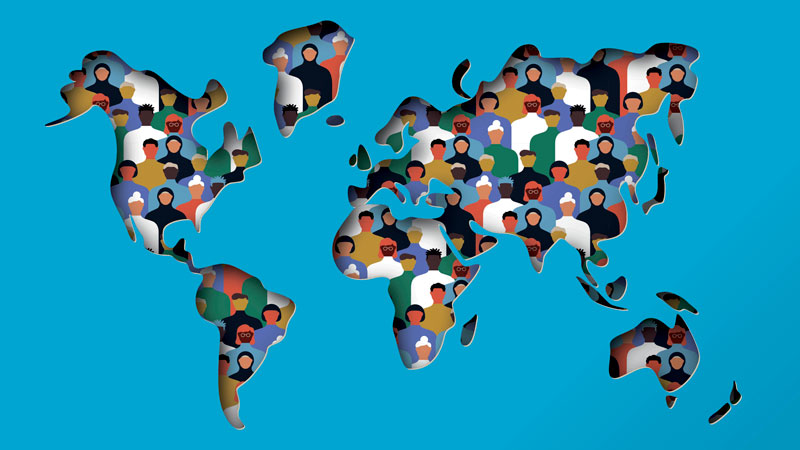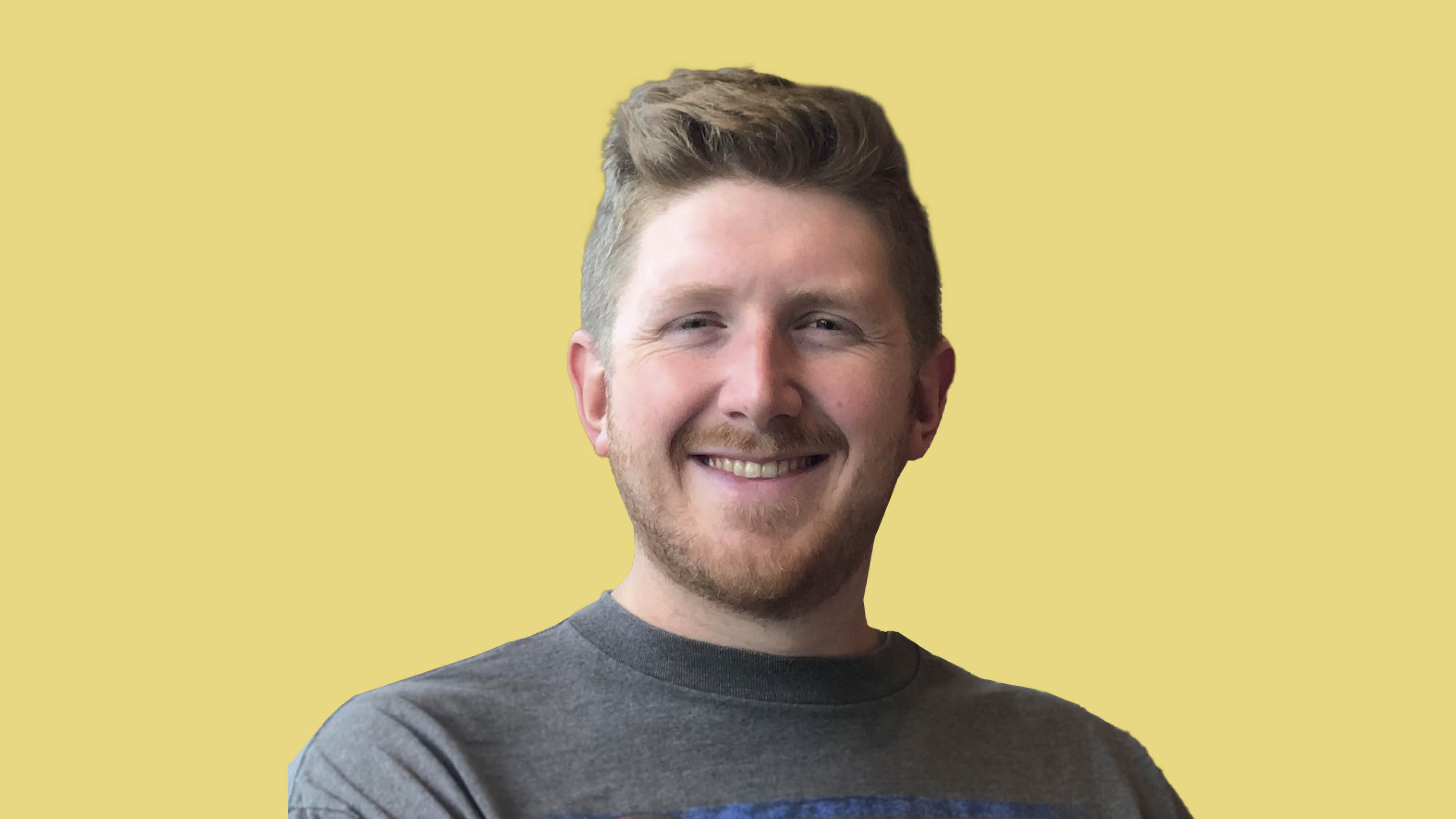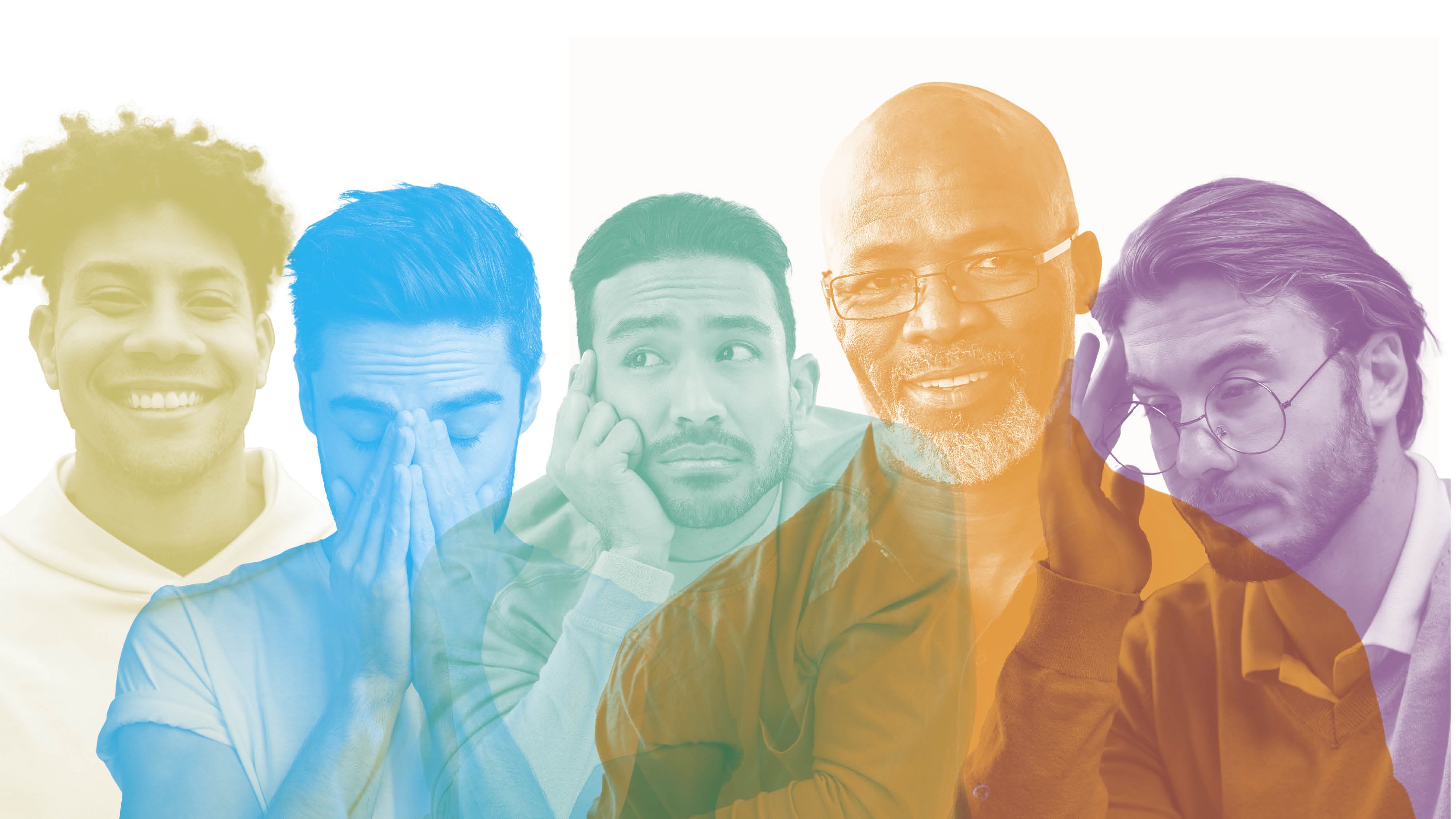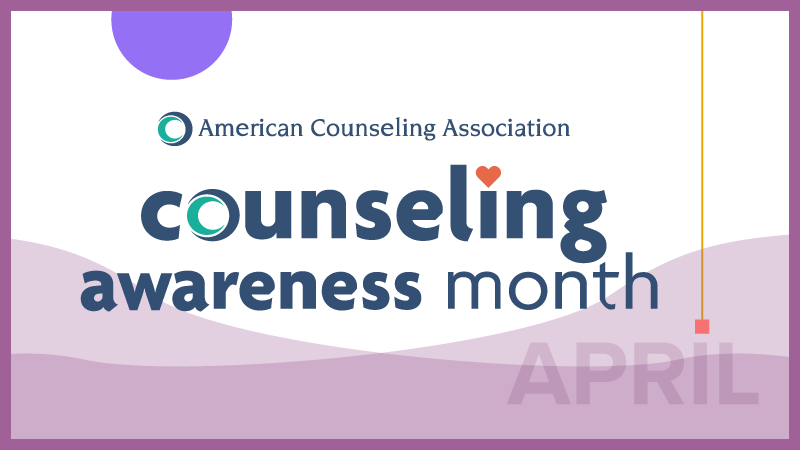
Promoting Mental Health and Support
What is Counseling?
Professional counselors help people gain personal insights, develop strategies and come up with real-life solutions.
Learn MoreProvider Directories
Find a licensed professional counselor in your area through one of these provider directories:
View DirectoriesChristine Suniti Bhat, PhD, LPC, LSC, OH
"A counselor is a trained professional who walks with the client without judgement to wherever they see their destination to be. And, along the way, we’re equipped to provide different alternatives to help the client move past the obstacles they face."
Get Involved and Spread the Word
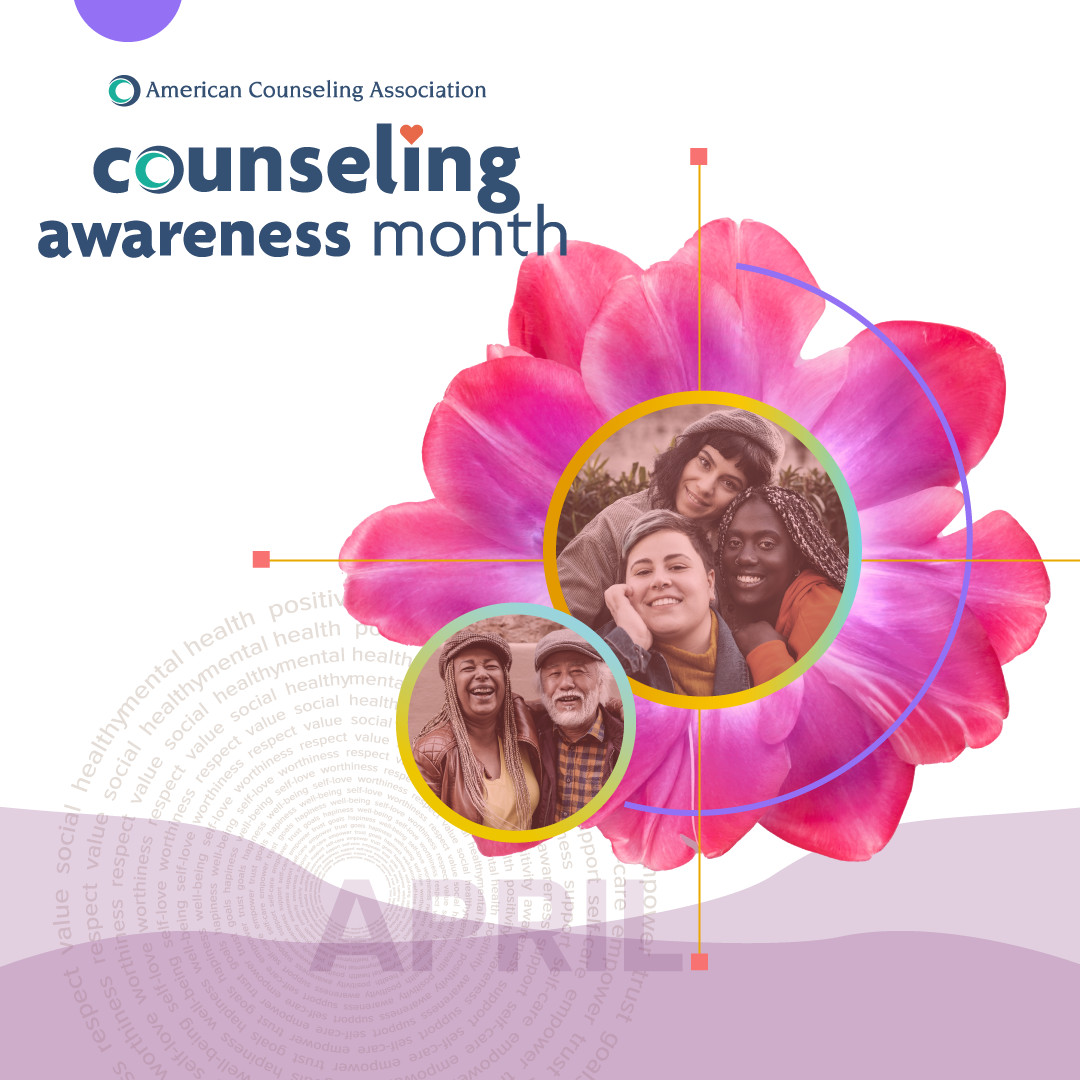
Join us for
TEAL DAYon April 11
Celebrated on the second Friday of April, Teal Day encourages awareness of the importance of counseling and self-care for counselors as they enlighten their clients, colleagues and the greater public of the same. It recognizes counselors place in the national mental health conversation and the importance of debunking the stigma related to mental illness. It also challenges people to broaden their understanding of counseling in the prevention and management of mental health conditions. On Teal Day, we encourage everyone to share a picture of themselves wearing teal on social media, to help spread awareness of the work counselors do!
SHOW YOUR SUPPORT
Want to show off your support during Counseling Awareness Month? Purchase one of our collectable CAM T-Shirts today! But act fast, as quantities are limited!
From the Counseling Corner
We all face daily challenges in today's complicated and demanding world. Counseling Corner articles take a closer look at those challenges and offer thoughtful ideas, suggestions and strategies to help you to live a happier and healthier life.
-
 Celebrating Mother's Day Means Supporting Mothers' Mental Health and Well-BeingMay 5, 2021|3 min read
Celebrating Mother's Day Means Supporting Mothers' Mental Health and Well-BeingMay 5, 2021|3 min readWhen you think of mothers and motherhood, what are the first things that come to mind? Perhaps you envision the beauty of labor and giving life, the tenderness of cradling a newborn and breastfeeding, or that busy mom at the supermarket ...
-
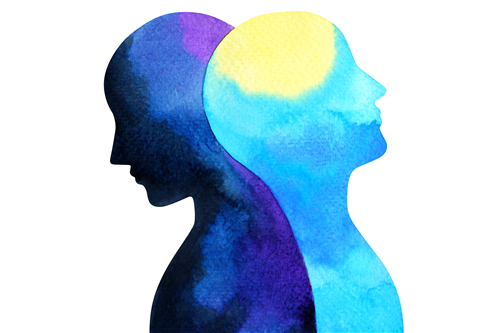 Bipolar Disorder: Helping Those We Love by Disproving MythsApr 28, 2021|3 min read
Bipolar Disorder: Helping Those We Love by Disproving MythsApr 28, 2021|3 min readOf the many harmful stigmas associated with mental illness, few have been as incorrectly portrayed and glamorized in pop culture as bipolar disorder, also known as manic depression.
-
 Work Related Stress: What Is It and How Can We Reduce It?Apr 21, 2021|4 min read
Work Related Stress: What Is It and How Can We Reduce It?Apr 21, 2021|4 min readFeeling overwhelmed at work? You're not alone! Work stress is common, but it doesn't have to control you. Our article explores the causes of work stress and offers practical tips to combat it, from managing your time to prioritizing self-care.
-
/sleep12cb285a-72d2-4197-adcd-1967300a5ed3.png?sfvrsn=15d914a0_4) The Symbiotic Relationship Between Sleep and Mental HealthMar 26, 2021|5 min read
The Symbiotic Relationship Between Sleep and Mental HealthMar 26, 2021|5 min readOur relationship to sleep in our society is at best, toxic. Too often we reward sleeplessness as a sign of dedication to work, an abundant social life or a signal of importance.
-
 Teens and Mental Health: Red Flags to Watch Out ForMar 17, 2021|4 min read
Teens and Mental Health: Red Flags to Watch Out ForMar 17, 2021|4 min readOh, the door slamming, dramatic yelling, eye-rolling, temperamental days of adolescence—we’ve all lived them and now have the honor of watching (or raising) the generations after us experience the same.
-
 Honoring Women and Their Roles in the Advancement of our Nation's Mental HealthMar 1, 2021|3 min read
Honoring Women and Their Roles in the Advancement of our Nation's Mental HealthMar 1, 2021|3 min readSince 1987, the month of March has been designated as a time to honor the achievements, struggles, contributions and the vital role women have played throughout our historical and contemporary society.
Related Counseling Today Articles
Thanks to our Strategic partners for their support of
Counseling Awareness Month




